
Merz initiates phase 3 trials for Xeomin, targeting migraine prevention in adults, aiming to fill gaps in current treatment options.

Marco Meglio, Assistant Managing Editor for NeurologyLive, has been with the team since October 2019. Follow him on Twitter @marcomeglio1 or email him at [email protected]

Merz initiates phase 3 trials for Xeomin, targeting migraine prevention in adults, aiming to fill gaps in current treatment options.
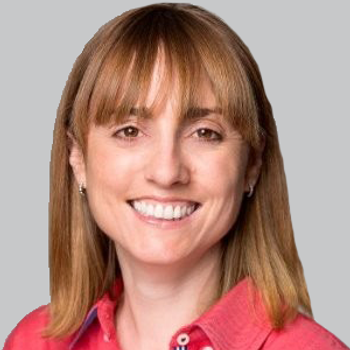
Tracey Dawson, PhD, senior vice president of U.S. Therapeutic Area Head of Neuroscience at Novartis, expanded on the recently launched SMAshing My Limits campaign, a community-driven project aimed to address needs of developing teens with SMA.
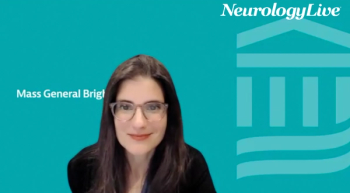
The vice chair of education for the department of neurology at Mass General outlined her AUPN 2025 session on supporting clinician educators through recognition, career development, and institutional frameworks for advancement. [WATCH TIME: 4 minutes]

The head of the neurology department at Vall d’Hebron University Hospital provided clinical thoughts on fremanezumab’s expanded approval in pediatric migraine, the phase 3 SPACE study, and where future treatment may hold.

Serum NPTX2 emerges as a novel biomarker in ALS, with combined NPTX2 and NfL levels improving survival prediction and disease monitoring.
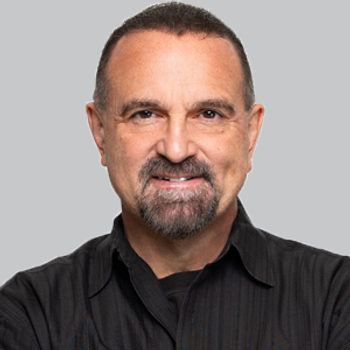
Regeneron's cemdisiran shows promising results in treating generalized myasthenia gravis, paving the way for a potential new drug application in 2026.
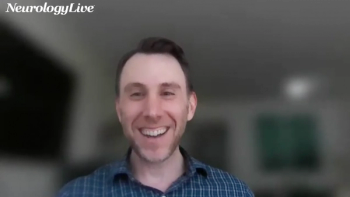
The neurologist at Maimonides Medical Center and SUNY Downstate shared how interactive simulations give neurology trainees the chance to practice skills, gain feedback, and move beyond passive learning. [WATCH TIME: 3 minutes]
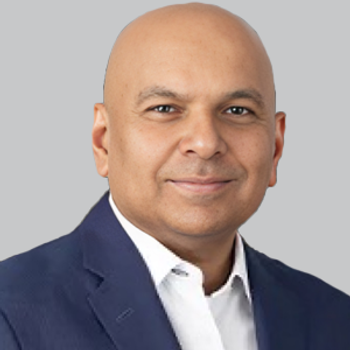
The FDA has accepted the IND for COYA 302, a Treg-targeting combination therapy for ALS, clearing the way for a pivotal phase 2 multicenter trial.

Efgartigimod shows promise in treating seronegative myasthenia gravis, offering hope for patients with limited options and paving the way for new therapies.
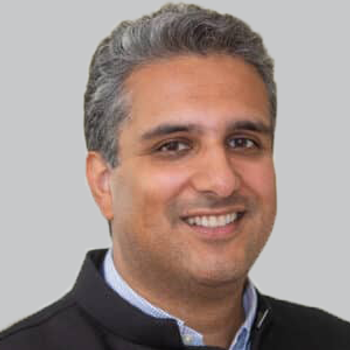
New research reveals that socioeconomic factors, rather than cardiovascular risks, significantly influence the occurrence of nonfocal transient neurologic attacks in older adults.

Test your neurology knowledge with NeurologyLive®'s weekly quiz series, featuring questions on a variety of clinical and historical neurology topics. This week's topic is on the use of GLP-1 RAs in neurology.
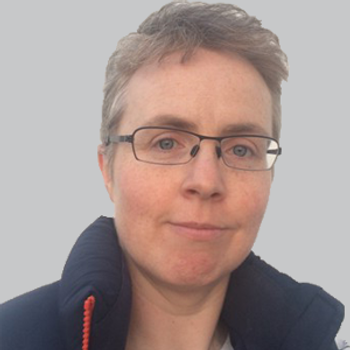
A newly reported case highlights acute retinal necrosis from varicella zoster virus in a patient with multiple sclerosis on dimethyl fumarate, underscoring the need to consider non–optic neuritis causes of vision loss.
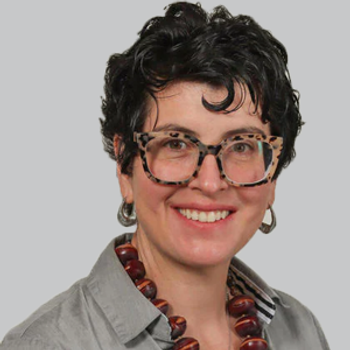
Lea Grinberg, MD, PhD, a neuropathologist at Mayo Clinic Florida, discussed how tau accumulation and orexin neuron loss drive early sleep disturbances in Alzheimer disease and the potential for sleep-based biomarkers.

Mind Moments®, a podcast from NeurologyLive®, brings you an exclusive interview with Danielle Andrade, MD, MSc. [LISTEN TIME: 13 minutes]

A new study reveals NT-0796's potential to reduce neuroinflammation in Parkinson's disease, paving the way for future treatments.
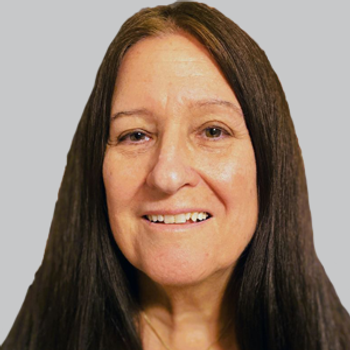
A recent study highlights that hearing aids significantly lower dementia risk in younger patients with hearing loss, emphasizing the need for early intervention.

The European Medicines Agency has accepted NewAmsterdam Pharma’s application for obicetrapib, an oral CETP inhibitor that lowers LDL-C and shows promise in reducing Alzheimer-related biomarkers.

Phase 3 study demonstrates risdiplam's effectiveness in treating presymptomatic spinal muscular atrophy, showing improved outcomes for infants identified through newborn screening.

The Harold I. Nemuth Chair in Neurological Disorders at Virginia Commonweath University discussed the rationale, results, and future directions of GLP-1 RA therapy as a novel treatment strategy for idiopathic intracranial hypertension.
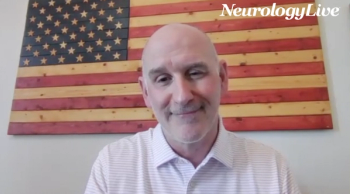
The Harold I. Nemuth Chair in Neurological Disorders at Virginia Commonwealth University provided hypothetical insights on potential stroke-related avenues for GLP-1 RAs to treat following positive data in idiopathic intracranial hypertension. [WATCH TIME: 4 minutes]

PTC Therapeutics faces FDA setback for vatiquinone, a potential Friedreich ataxia treatment, requiring further studies to demonstrate efficacy.
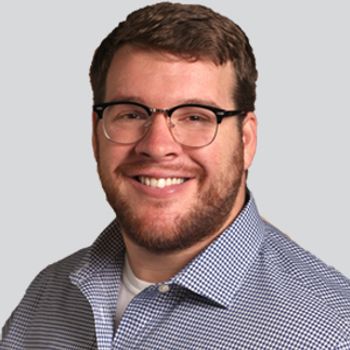
Recently published study links white matter changes to cognitive decline, emphasizing the cingulum and fornix as key biomarkers for memory loss.

Test your neurology knowledge with NeurologyLive®'s weekly quiz series, featuring questions on a variety of clinical and historical neurology topics. This week's topic is on the use of lithium to treat Alzheimer disease.

A recent study reassured that triptans may be safe for migraine treatment, emphasizing the need for individualized assessments of cardiovascular risks.

A new study reveals rituximab outperforms cladribine in managing MRI disease activity in relapsing multiple sclerosis over 4.5 years.

Researchers unveil promising findings from the GABriella trial, exploring a novel treatment for prodromal Alzheimer's disease at AAIC 2025.
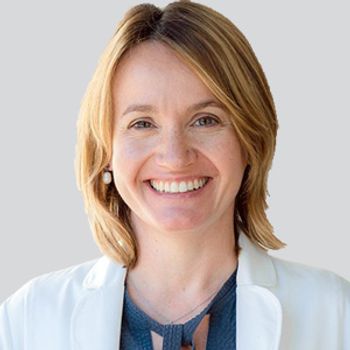
A new study reveals higher rates of postpartum depression in women with multiple sclerosis, emphasizing the need for early screening and management strategies.
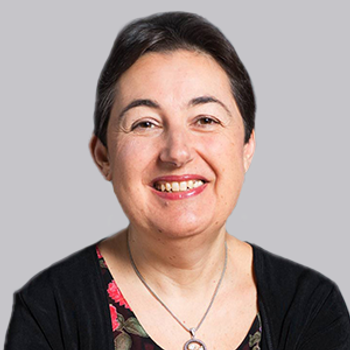
New study reveals that vormatrigine significantly reduces focal onset seizures, offering hope for improved epilepsy treatments at the upcoming International Epilepsy Congress.
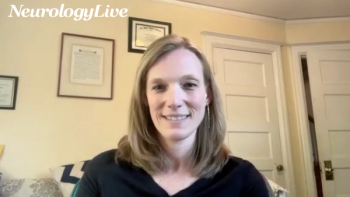
The associate professor of neurology at Johns Hopkins Medicine previewed a 2025 AUPN panel exploring AI’s clinical, research, and educational applications, along with the ethical considerations shaping its responsible adoption. [WATCH TIME: 2 minutes]
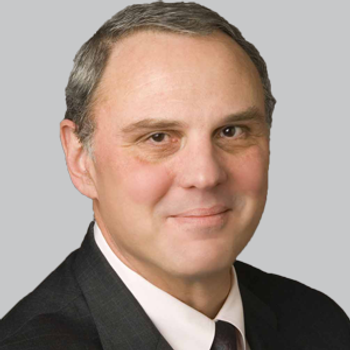
Richard Kovacs, MD, PhD, chief medical officer for the American College of Cardiology, discusses interim XYLO trial results, highlighting how switching to low-sodium oxybate can significantly impact blood pressure and cardiovascular risk profiles in narcolepsy.